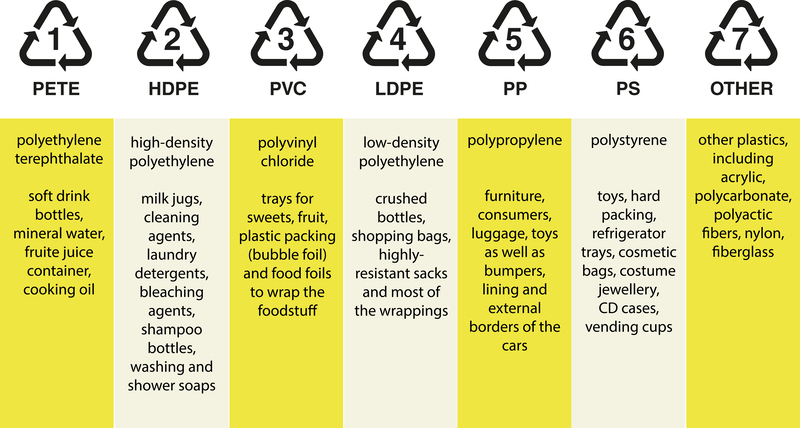Pioneering Changes in Restaurant Food Waste Recycling
In an era where sustainability isn't just a trend but a necessity, restaurant food waste recycling has become a critical focus for the food and hospitality industry. The global food waste issue is immense, with millions of tons discarded annually, contributing to environmental degradation and economic loss. This article dives deep into how innovative practices in food waste management are transforming the restaurant scene, offering a comprehensive guide to embracing and implementing effective recycling strategies.
The Urgency of Addressing Food Waste in Restaurants
Restaurants, due to their operational nature, produce considerable amounts of waste. From leftovers to food scraps, improper management leads to increased landfill contributions, exacerbating greenhouse gas emissions. The urgency to tackle this issue is underlined by the following facts:
- A significant percentage of food waste can be attributed to the hospitality industry.
- Organic waste in landfills produces methane, a potent greenhouse gas.
- Reducing waste can drastically cut down operational costs.

Innovative Solutions: Turning Waste Into Wealth
Restauranteurs are pioneering a sustainable future by employing advanced food waste recycling methods that not only mitigate environmental impacts but also enhance profitability. Below are groundbreaking approaches reshaping food waste recycling:
1. Composting and Anaerobic Digestion
Composting has long been recognized as an efficient way to recycle food scraps into valuable nutrients for the soil. Many modern establishments are not just implementing on-site composting but also partnering with local farms, creating a circular economy. Anaerobic digestion takes this a step further by converting organic waste into biogas and digestate, providing renewable energy and fertilizers.
2. Food Waste To Energy Initiatives
Some innovative startups and large organizations are developing technology to transform food waste into biofuels. By converting waste oils and fats into biodiesel, these initiatives not only reduce waste but also offer a sustainable energy source. The technology harnesses the power of microbial action to decompose waste, showcasing the potential for large-scale implementation.
3. Smart Waste Management Systems
With the advent of technology, software solutions are now available to help restaurants manage waste more efficiently. These systems track waste generation, identify waste patterns, and offer insights for reduction. Machine learning algorithms assist in predicting waste volumes, facilitating better storage solutions and timely disposal.
Empowering Staff and Educating Customers
True change arises not just from the top-down implementation of strategies, but through fostering a culture of sustainability among staff and customers:
Training Programs for Staff
Training employees on the importance and impact of food waste recycling creates a cohesive team dedicated to sustainability. Regular workshops and hands-on sessions about proper waste segregation and recycling processes can ensure everyone is aligned with sustainability goals.
Engaging Customers
Transparency with customers about waste management practices can enhance a restaurant's brand. Many patrons prefer dining in places committed to environmental responsibility. Informative displays or digital platforms detailing how their meals contribute to sustainability can deepen customer relationships and spur community support.

Economic Incentives and Policy Implications
Government policies and incentives play a crucial role in the encouragement of food waste recycling:
Tax Benefits and Grants
Many governments offer tax breaks or grants to businesses that implement certified waste reduction strategies. These incentives reduce initial investment burdens and encourage widespread adoption of composting and recycling technologies.
Regulatory Measures
Mandating food waste recycling, with penalties for non-compliance, pushes businesses to adopt greener practices. Policies that facilitate public-private partnerships can also foster innovative solutions by leveraging diverse resources and expertise.
The Road Ahead: Future Trends in Restaurant Food Waste Recycling
The future of food waste recycling in restaurants hinges on continuous innovation and adaptation:
- Emerging technologies in converting waste to bioplastics offer promising avenues.
- Community-driven initiatives and cooperatives can enhance resource-sharing capabilities.
- The integration of AI and IoT in waste management systems will refine data analytics, driving efficiency.
As the restaurant industry evolves, the adoption and promotion of cutting-edge food waste recycling strategies will ensure not just compliance with environmental standards but also improved brand loyalty and economic gains. In the long run, these pioneering changes highlight a commitment to a healthier planet and a more responsible hospitality sector.
Through these ongoing efforts, the promising future of restaurant food waste recycling illuminates a path toward sustainable dining experiences that prioritize the environment as much as the culinary art itself.